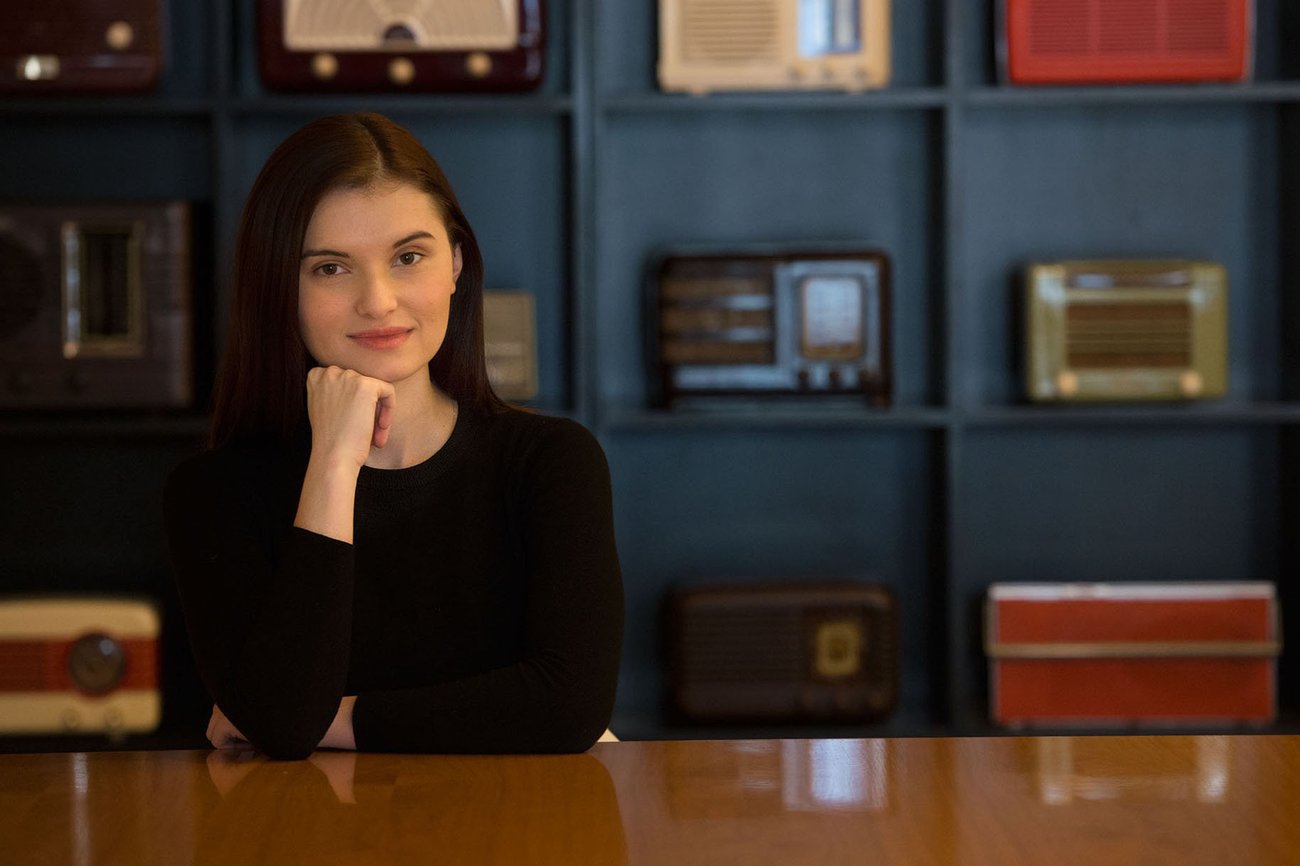Ezel Kokcu, a 24-year-old onto her third start-up, talks breaking into the New Zealand tech industry

Kokcu’s family immigrated to New Zealand with no money from Turkey when she was just four-years-old. Within years, they’d saved enough to quit their jobs and start their own restaurant.
Three start-ups later, the ambitious 24-year-old says it’s this upbringing that inspired her appetite for entrepreneurship, though her parents were initially horrified when she dropped out of her university degree to start her own business.
“They were like, ‘Why’d you drop out?’ And I told them the apple doesn’t fall far from the tree. What better role models to have growing up?” Kokcu says.
As a young woman, the hurdles Kokcu has faced forging a path in tech aren’t unusual. In high school, there was little to no encouragement to get into a career in STEM.
“I remember filling out a questionnaire in high school about what kind of profession you should get into and I got physiotherapist,” she laughs. “I didn’t even do sports, I just wanted to be creative.”
A gap year helped her decide she wanted to do a computer science course, as the freedom technology offered as a career was tantalising.
However, Kokcu says the course stifled her ‘the sky’s the limit’ ideal when it came to tech and innovation.
“When I went into my lectures, it was a lot of theory, whereas I wanted to design and create websites. It was worlds apart and didn’t pique my interest as it was really bland,” she says.
“I’m really happy there’s now more courses that help people discover the creative side to web design.”
Kokcu says she was also only one of five girls in a lecture hall of 150 to 200 people.
“I wasn’t even sure how may stayed after I left, which was really sad,” she says.
Kokcu dropped out of her course to go on to co-found STQRY, a consumer-facing discovery and exploration app that showed people museums and cultural events in their area that matched their interests.
The start-up received funding from one of the most reputable venture capital firms in the US and raised $5.5 million in capital. Three years later, STQRY has rebranded to Area360 and is selling to more than 500 organisations in over four countries.

It was one day when Kokcu speaking at an event that her mother realised the magnitude of her daughter’s decision – and that dropping out of university was the right thing to do.
“The look on her face – she was so proud we started a company from nothing and took it globally and raised $5.5 million,” she says.
Ezel sold the business and moved quickly onto another venture, Wellington-based ticketing start-up Non-Stop Tix. After 18 months, the company was sold to a New Zealand-based private investor.
Now, Kokcu’s latest creation is Passphere. She says Passphere builds on the foundations laid by STQRY and Non-Stop Tix. She describes it as a “wish list” of all the things she wanted to build in her previous platforms, but didn’t.
It gathers analytics and information on visitors and can make projections and act as a marketing tool, rather than acting purely as a registration platform.
“We’re building Passphere to solve the problem that event organisers have today, which is not knowing who their customers really are,” she says. “We’re still servicing museums but also targeting expos, conferences and events that need further information on visitors and so they can tailor the event to them, rather than systematic ticketing, which is just full name, email and password.”

Passphere has six staff on its roster, and already has three companies on board for its October launch date. It also successfully raised a round of investment last year to further develop the platform.
Like with Kokcu’s previous companies, she’s thinking globally.
“Our sights are set on the world,” she says. “We understand there isn’t a platform like this out there, and we’ve spent a lot of time and experience understanding how to make it easier.”
“However, we want to scale sustainably and in a way which helps other companies in New Zealand create more jobs, as well as get more females working in tech and in our development team.”
She says in order to move towards solving the diversity issue in STEM, there needs to be more awareness for young women about the career opportunities out there. After all, Kokcu may have not made it to where she is today if she let her experience with the computer science degree deter her away from tech.
“Computer science might not be your thing, but there’s other avenues like being a product manager, or being a high-end QA tester,” she says.
“We spend so much time trying to get kids through high school with university entrance, but there’s not enough delving into the courses universities are providing. We need to educate kids on what their options are in the industry they’re interested in.”
For women that are keen to get into STEM, she says there’s courses around creative design and web design that can help them get a foot in the door, as well as online courses that can kickstart a career in development.
“There’s a lot of companies looking for female engineers and the landscape is really clear for demanding more women in tech, so we need to grasp that opportunity and also ask for the same pay that our male colleagues are getting.”




